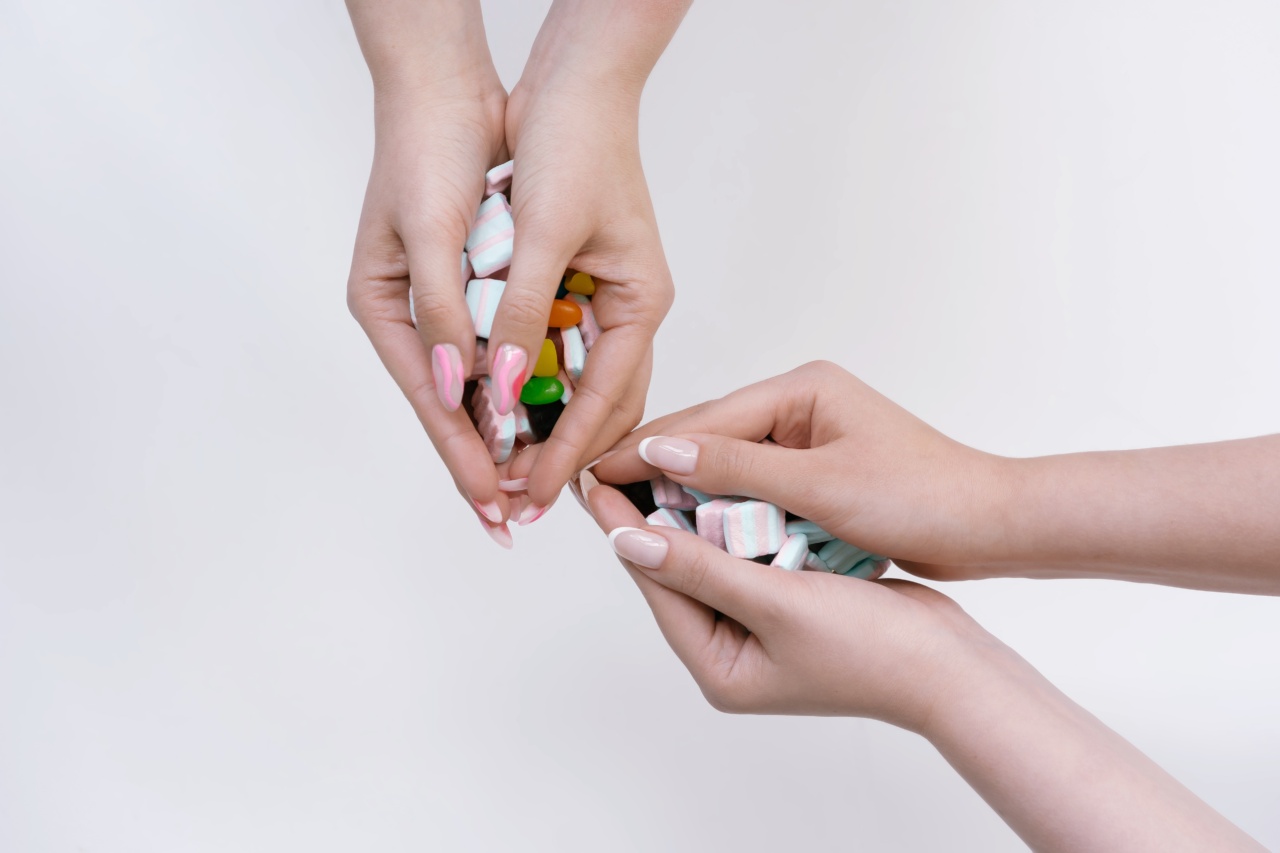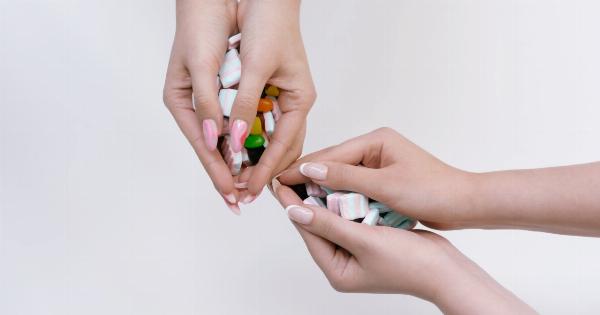When we talk about premature skin aging, we often think about genetics, sun exposure, and pollution as the primary culprits.
However, recent research has shown that sugar consumption can also be a significant factor that accelerates the aging process at the cellular level, leading to loss of elasticity, fine lines, wrinkles, and other signs of aging. In this article, we will explore the link between sugar and premature skin aging and why it’s essential to limit your sugar intake if you want to maintain healthy, youthful skin.
Sugar and Glycation
One of the main ways that sugar speeds up the aging process is through a process called glycation.
Glycation is a natural process where sugar molecules attach themselves to proteins, including collagen and elastin- two proteins that play a critical role in keeping our skin firm and elastic. When sugar binds to these proteins, it creates advanced glycation end products (AGEs), which can lead to oxidative stress and inflammation, both of which damage the skin’s structure and function.
The result of glycation is that the proteins become stiff, lose their flexibility, and become unable to carry out their normal functions.
This effect is most noticeable in the skin, where the loss of collagen and elastin leads to sagging skin, wrinkles, and a loss of elasticity.
The Effects of Sugar on Skin Health
Sugar has many negative effects on our skin’s health beyond glycation. For instance, high sugar consumption can contribute to inflammation, which can trigger acne, eczema, and other skin conditions.
Sugar also damages the gut microbiome, which can lead to an imbalance of bacteria, causing skin issues like psoriasis, rosacea, and dermatitis. Moreover, sugar intake can lead to insulin resistance, which can create an environment that puts extra stress on the body’s cells, resulting in premature aging.
The bottom line is that sugar is harmful to our skin, and it’s wise to limit our intake to maintain healthy, youthful skin.
How Much Sugar is Too Much?
The American Heart Association recommends that women limit their sugar intake to no more than six teaspoons of sugar per day, while men should consume no more than nine teaspoons.
However, the average American consumes roughly 17 teaspoons per day, which is well over the recommended limit. High sugar intake comes from sources such as soda, sweetened coffee drinks, candy, baked goods, and processed foods.
It’s essential to read nutrition labels to ensure that you are aware of how much sugar you are consuming. Some products, such as ketchup and salad dressing, may be unexpectedly high in sugar.
By being mindful of your sugar intake, you can decrease your risk of premature skin aging and improve your overall health.
Alternatives to Sugar
While it may be tough to cut out sugar entirely, many alternatives offer healthier sweetening options. Stevia, monk fruit extract, and honey are natural alternatives to refined sugar that still provide the sweetness we crave without damaging our skin.
Similarly, fruits that have high levels of natural sugars, such as berries, offer a sweet taste without the adverse health effects of refined sugar.
Antioxidants and Aging
Another approach to battling premature skin aging is to introduce more antioxidants into your diet.
Antioxidants, such as vitamin C, vitamin E, and beta-carotene, fight oxidative damage caused by free radicals, which are a significant contributing factor to aging. Foods that contain high levels of antioxidants include berries, nuts, leafy greens, and brightly colored vegetables like tomatoes and bell peppers.
You can also find antioxidants in skincare products, such as serums and creams. These products are designed to help protect your skin from damage and may even help reverse existing damage caused by glycation and other factors.
The Bottom Line
While genetics, sun exposure, and pollution play a significant role in premature skin aging, sugar is another culprit to avoid.
Sugar causes glycation, creates AGEs, and contributes to inflammation, all of which can damage the skin at the cellular level. By being mindful of your sugar intake and choosing healthy sweetening alternatives, you can improve your skin’s overall health and maintain a youthful appearance.
Moreover, by increasing your intake of antioxidant-rich foods and incorporating skincare products with antioxidants, you can fight back against premature skin aging and keep your skin looking radiant and healthy.






























